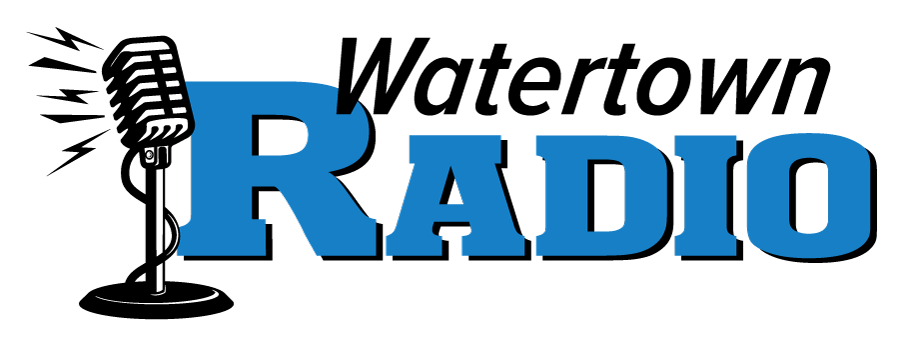Virus fails to curb North Dakotans appetite for gambling

BISMARCK, N.D. (AP) — The coronavirus pandemic did not slow North Dakotans’ appetite for gambling, with more than $881 million wagered on games of chance in fiscal 2020, a more than 50% increase from the year before, data compiled for The Associated Press shows.
Even though games of chance at businesses were shut down for about a month beginning in late March last year to slow the spread of the coronavirus, “the pandemic has not hurt gaming whatsoever,” said Deb McDaniel, North Dakota’s top gambling regulator.
The meteoric rise of electronic pull tab gambling in the state accounted for nearly $711 million of wagers in fiscal 2020. It’s a sum that has grown nearly tenfold in just two years, data shows.
McDaniel believes gambling wagers, led by electronic pull tabs, will easily exceed $1 billion in the current fiscal year that ends June 30.
Lawmakers approved the games in 2017 but they were not launched until August 2018. There are now more than 3,300 machines scattered around the state in about 95% of cities and towns. Sioux County, home to a casino on the Standing Rock Sioux Reservation, is the only one of the state’s 53 counties that does not have the Las Vegas-style games that mimic slot machines, McDaniel said.
North Dakota’s treasury banked more than $13 million in gambling taxes last year, or more than quadruple the amount collected in fiscal 2018. Charities split nearly $95 million in fiscal 2020, a 25% increase from the year before. That money funds everything from youth sports to programs for the needy.
While the proliferation and popularity of the games has swelled the state’s coffers and been a boon for charities, it has also raised worries about gambling addiction and the impact on American Indian casinos.
Lisa Vig, who heads a treatment program called Gambler’s Choice, said problem gambling is the worst she’s seen in her 31 years as a counselor, led by an increased addiction to electronic pull tabs.
Vig said about 25 people seek help from her program for addiction every week, a number that has remained steady even before electronic pull tabs came online.
“The numbers have stayed fairly consistent, but about 85% of the people now identify e-tab machines as the reason for reaching out,” Vig said. “The people coming forward are sicker and deeper into their addiction than previously.”
Gambling addicts have told stories of forgoing rent or mortgage payments and even not buying food for their families because of the draw of the machines, she said.
The North Dakota Legislature this year required e-pull tabs and other charitable gambling to contribute $40,000 annually to gambling treatment programs. It previously was only funded by the state lottery at about $320,000 a year.
Charities had complained early in the pandemic that shuttering businesses offering games of chance caused a $4 million loss during the little over monthlong shutdown.
McDaniel doesn’t buy that argument and said any losses claimed by the charities were more than offset by the increased wagering on e-tabs for the year and the months before and since.
Charitable Gaming Association head Janelle Mitzel did not return telephone and email messages Friday.
McDaniel said North Dakota’s five American Indian reservations are mostly feeling the effect of electronic pull tabs. She said casinos on reservations likely have had revenues cut by 60% or more because of the games that compete with tribal gambling machines. Tribes aren’t required to publicly disclose revenues.
Tribal leaders say casinos fund numerous social programs and are typically the top employers on their reservations.
Legislation pushed by tribal leaders to limit the number of e-tab machines, and another bill to make them look less like slots, failed in the Republican-controlled Legislature this year.




